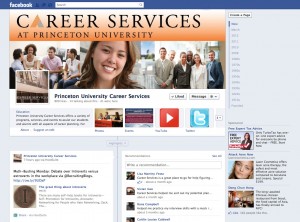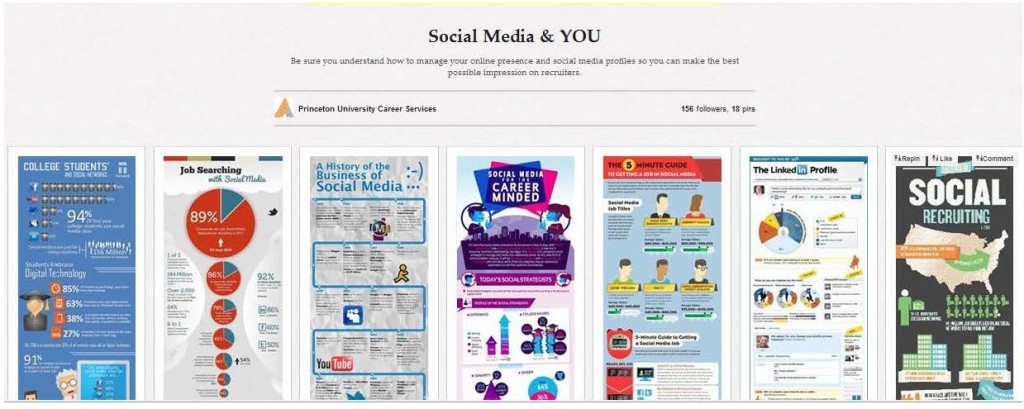On Friday, Career Services hosted “Preparing Your Graduate School Application Materials,” which served as an introduction for students to the world of graduate school and graduate school applications. Satomi Chudasama, Assistant Director, Liberal Arts & Engineering Career Counseling, gave the presentation, and about twenty students attended.
Chudasama emphasized that students should not pick a graduate school based on ranking alone; they should also pay attention to the programs offered. “What you want to do and what the school is offering need to match.
The presentation drew many parallels between graduate school applications and college applications, but the chief difference between the two is that faculty members read graduate school applications. Because of this, it is important that undergraduate interests correlate with the program. “Graduate schools want you to know what you’re applying for,” Chudasama said. Having this sort of passion is important for reasons beyond the application. Graduate school, especially a Ph.D. program, is all-consuming. “It’s intense.”
When considering which program to apply for, it was emphasized that highly ranked schools might not be ideal for a student’s specific interests. Students need to look at specific offerings as well as other characteristics, such as location (“You’re going to spend a long time there.”) and faculty. One tip Chudasama gave was to look at the authors of articles you enjoy reading for class. “If they are teaching somewhere, where are they teaching?”
As far as specific application materials go, Chudasama mentioned the letter explaining grade deflation that Princeton encloses with a transcript and said transcripts are also scrutinized for the students’ course selections. Standardized test scores can also counter a sub-par GPA. Since scores are valid for five years, it was recommended that students take tests while they are still in school, when they have good study habits.
For the statement of purpose, students may show their passions. “There’s no right or wrong way to write this statement, which is tricky for a lot of people,” Chudasama said. Career Services can provide reading and editing services, but it’s best to avoid the late-November rush.
The deadlines may be in the fall, but it is advisable for students looking to prepare over the summer. Sophomores, she said, should develop their passion and specific area of interest, but juniors can do more to research specific schools and take the relevant tests.
Career Services can provide more information on graduate school, setting goals, and specific elements of one’s application. Chudasama also highlighted the Credentials File service, which keeps letters of recommendation on hand for students applying to multiple schools or applying several years after graduation. For more information about the Credentials File system or about graduate school in general, visit http://www.princeton.edu/career/undergrads/grad-prof/.







